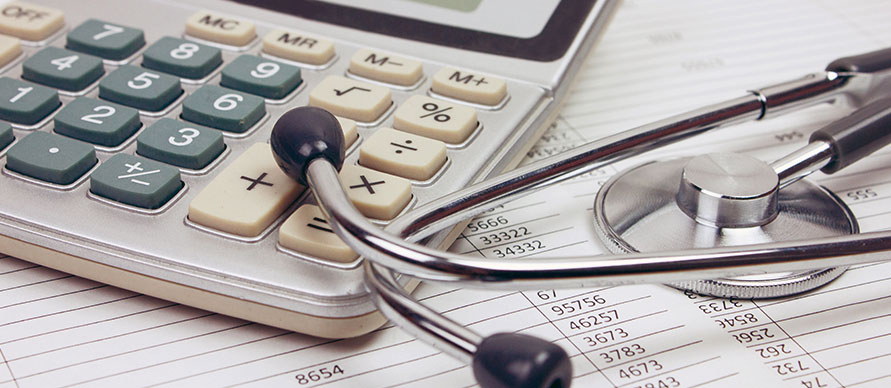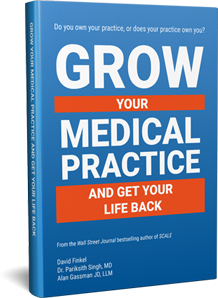March
2018
Failure to Theft-Proof the Practice’s Monies and Accounts Receivable
Posted By: Alan Gassman Category: Business & Accounting

The author regularly receives at least one phone call per year from a very upset physician who has had tens of thousands of practice dollars stolen by an employee. This employee has often been with the practice many years, and most of the time is the most trusted person in the practice other than the physicians themselves. As such, the employee is able to obtain physical possession of checks made payable to the practice by one or more payor sources and/or has written checks on the practice accounts for bogus expenses.
Over the years, the author has seen medical practices unwillingly and unwittingly pay credit card expenses, electric company expenses, car payments, and even home mortgage payments for a medical practice employee. When the circumstances are reviewed, they reveal that most of these situations would have been avoidable with proper supervision and use of appropriate safeguards.
Additionally, money is often stolen from practice accounts when large projects such as buildings, construction, or similar matters are administered by a person who signs the checks and/or administers the checks and invoices for a busy physician.
Most of the time the theft is carried out by the most trusted office manager without any assistance from another employee.
It is a very basic accounting system principle that the person or people who physically open the envelopes containing checks payable to the practice record the checks onto a log and ensure that the checks are properly deposited. These deposits are then reported to a separate employee who has the ability to record the payments in the practice’s computer system.
It is a fatal error to allow one individual to have physical possession of checks and also the ability enter payments or write-offs onto the practice’s billing computer system. Even spouses have been known to steal from medical practices, especially when there are multiple partners.
Many practices use a post office box for checks to eliminate the risk of someone being able to “snatch a few checks from the mail” before they can be posted. Many banks offer check-depositing services and addresses that can be used as well. These are often known as “lock box” arrangements.
Larger practices can have someone from their CPA firm visit the practice on an annual basis without advance notice to the practice personnel. This demonstrates to employees that there is some degree of monitoring going on and can discourage practice theft.
LATEST BLOG LISTS

Do You Own Your Practice, or Does Your Practice Own You?
If you’ve ever dreamed of growing your practice, but were afraid the lifestyle costs to your time and family would be too high, then this book will transform how you approach running your medical practice.
David Finkel | Dr. Pariksith Singh, MD | Alan Gassman, JD, LLM





